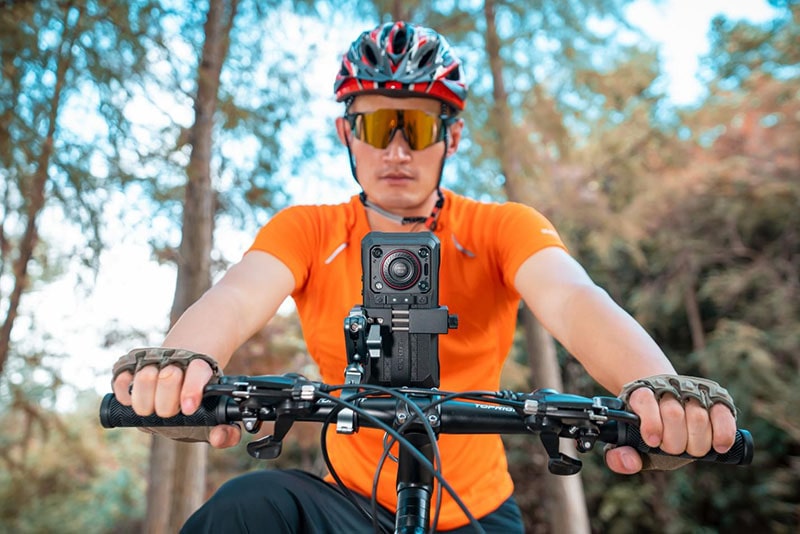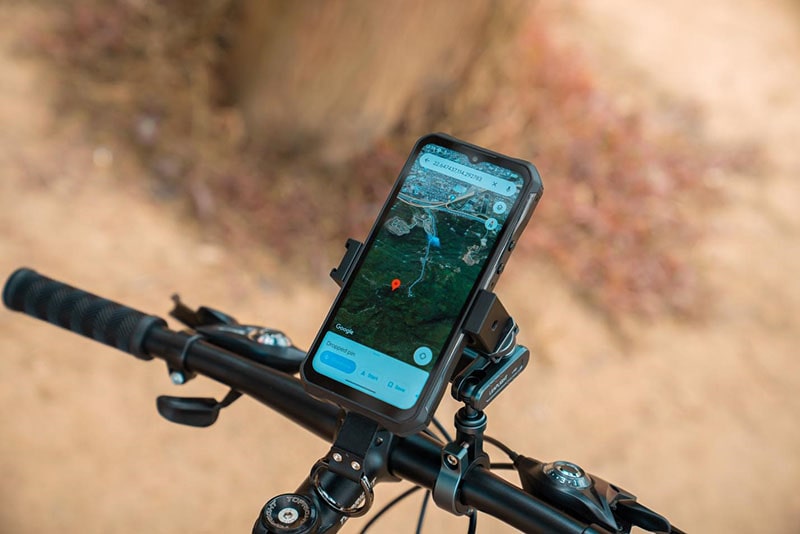When you think of satellite navigation systems, two big names pop up - GPS (Global Positioning System) and BeiDou. Renowned staple, developed by the United States - GPS, has been ruling the roost for many years now. Yet, times are changing! Enter stage - China's pride BeiDou or BDS (BeiDou Navigation Satellite System). Unstoppable in its pursuit of challenging the reign of GPS.
This article delves into tech nuances, global competition scenes, and commercial applications of these options. Future developments on the radar? Check! Engage in an enlightening exploration of likenesses, contrasts, and future implications for these satellite navigation systems.
Technical Comparison
Dive into the world of satellite navigation systems - GPS, owned by the US, and BeiDou, China's own. GPS commenced its operations in 1973 and achieved full functionality in 1993. On the other side, BeiDou was launched into full throttle only recently in 2020.
GPS does its job at an altitude of 20,180 km and concludes it all in a span of just about 11.97 hours! BeiDou, not far behind, sits pretty at an impressive altitude of 21,150 km but takes a little more time, rounding off to about 12.63 hours.
Moreover, GPS sticks to using one frequency for communication, but things are different for BeiDou, which handles two frequencies simultaneously, proving itself more resilient to disruptions. Regarding precision, BeiDou provides greater accuracy (less than 1 meter) when compared to GPS (less than 4.9 meters). Of course, their precision differs depending on direction; horizontally so-so but vertically not as much precision-wise for BeiDou when measured against GPS.
Global Competition
GPS and BeiDou are in a global competition. China's BeiDou dares to challenge the reigning supremacy of the US's GPS. The advanced capabilities? The standout features? These could slide BeiDou as a convincing rival in the satellite navigation arena. Not only does it have more satellites hovering over nations, but its precision outstrips many locations—even across emerging territories.
Moreover, BeiDou has more than ten times the monitoring stations in other countries compared to those working for GPS. Noteworthy is the nod from a government advisory panel on GPS—they concede that "GPS is now notably below par to China’s BeiDou" technically. This duel paints not just economic, technological, or political pictures but forecasts the destiny of satellite navigation mechanisms, too.
Commercial Applications
The commercial sphere is witnessing BeiDou, the Chinese navigation system, making waves. Recognized globally in commercial aviation circles now, it's revered for its stellar capabilities. Enterprises are tapping into BeiDou's offerings! Sectors? Think smart transportation, deformation monitoring, or even emergency scenarios.
Where does GPS stand amidst this? With pinpoint accuracy and signal blockage resistance, BeiDou stands as a challenging contender to GPS. Offering active location services to 1.2 billion and short message services to 6.1 billion - that's colossal! This growth showcases BeiDou's shaping effect on the global navigation satellite system market; even with a possible arm-wrestle with GPS for commercial applications dominance.
Military Applications
GPS and BeiDou – key puzzle pieces for numerous military applications. Use them for dire navigation or tick-tock tracking; even the precision deployment of munitions isn't amiss. The United States military extensively utilizes GPS for diverse purposes, ticking boxes from navigation to tracking, down to exact munition guidance. Surely other countries aren't missing the action; employing the GPS technology - harnessing its potential in both navigation and tracking.

But wait, there's more! GPS doesn't stop at physical systems – it dives deep into cyber and electronic systems, too. It's interwoven with all critical networks; telecommunications to financial setups alike, bolstering strategic capabilities a notch higher.
Conversely, BeiDou proves to be a gem for the Chinese military. Functionalities? Think navigation, tracking, and precision-guided munitions deployment - quite like GPS. Yes, it does stretch beyond China. Other countries are jumping on board for military purposes.
Intriguingly, BeiDou has sailed far - all the way to nations like Pakistan and Saudi Arabia. They're keen on exploiting BeiDou-enabled precision-guided munitions now. This adoption across borders only echoes its global importance in military operations.
Future Developments
The road ahead for satellite navigation systems, illustrated by the progress of GPS and BeiDou, beams with innovation – promising exciting prospects that constantly push technological limits. Anticipated developments to watch for comprise:
Improved Accuracy
Cutting-edge receiver technology and enhanced signal processing methods are focused on elevating precision. Setting sights on centimeter-level positioning accuracy! Not just a revolutionizing step for terrestrial navigation but also promising seamless spacecraft guidance.
Wave hello to next-gen satellites' dawn! They're gearing up to herald breakthrough capabilities. These high-tech satellites do more than just guide spaceships precisely; they are the unsung heroes behind orbital debris tracking. They reinforce communication systems for astronauts on long missions, too, ensuring stellar connectivity even in the longest space journey.
Increased Integration
The Global Navigation Satellite Systems (GNSS) are stepping up their game. They're binding with augmented reality (AR), self-driving vehicles, even the Internet of Things (IoT). A partnership that spells out fresh potential, explorations beyond conventional lines. Linking GNSS with these breakthrough technologies reshapes the navigation and positioning system scenarios.
Next-Gen Satellites
The imminent launches of next-generation satellites herald a paradigm shift in satellite capabilities. Going beyond the confines of Earth, these satellites not only enable precise navigation for spacecraft but also contribute significantly to orbital debris tracking. Long space trips for astronauts see better communication systems in place, fostering improved connectivity and data transfers in such testing environments.
Artificial Intelligence (AI)
The fusion of Artificial Intelligence (AI) with positioning systems? The ripple effects are transformative! AI-forward innovations play the powerhouse, shaking up sectors and making existence safer, easier, and eco-friendlier. The symbiotic relationship between AI and satellite navigation systems promises to redefine the landscape, optimizing efficiency and accuracy across diverse sectors.










